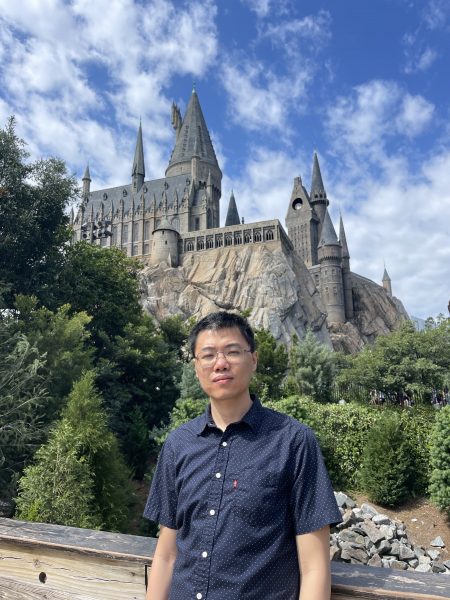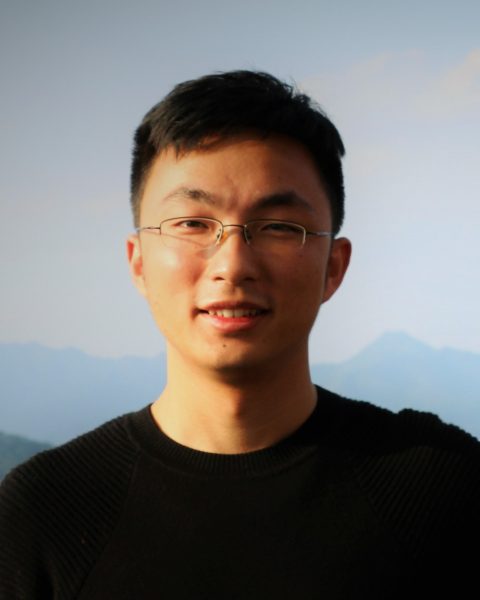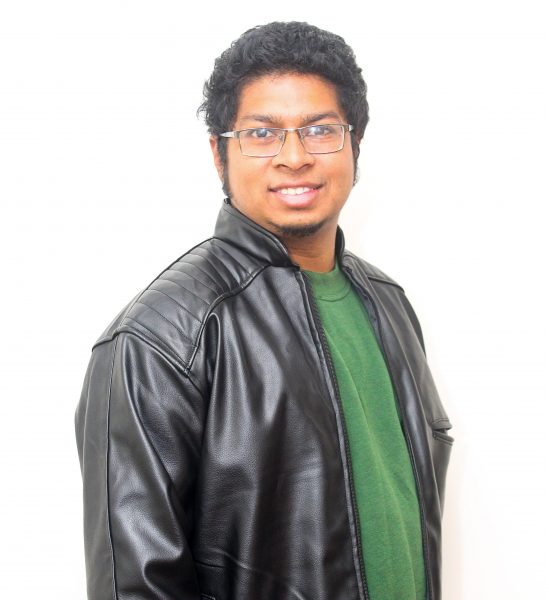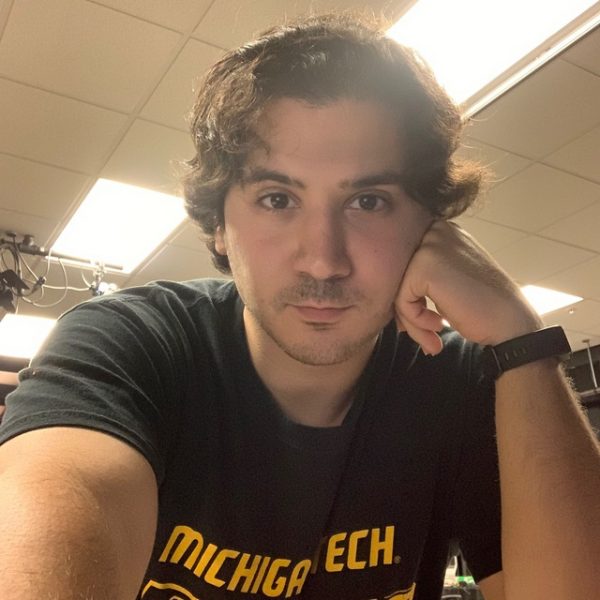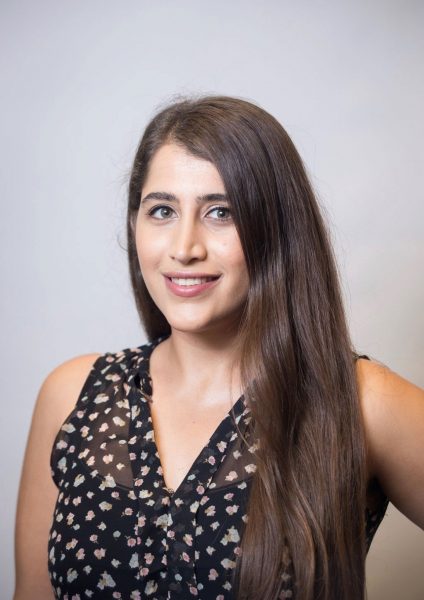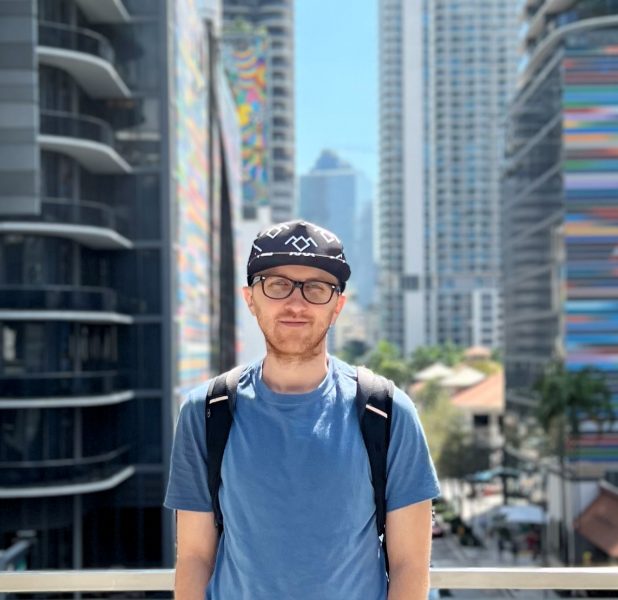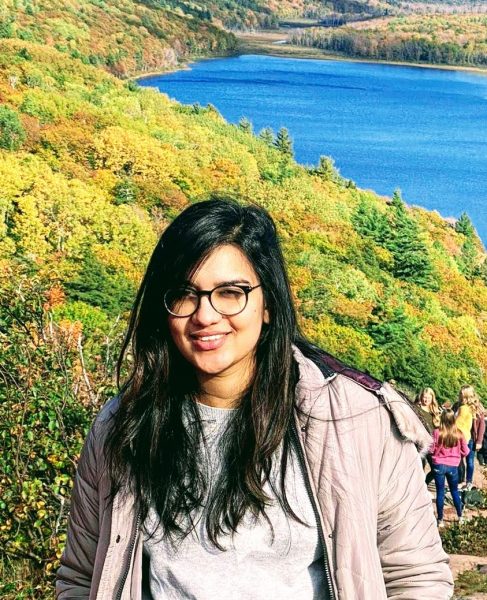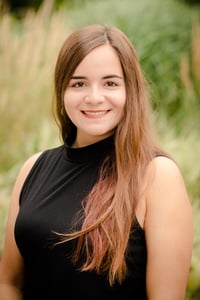Growing up in a township full of scientists and engineers, I have always been curious about how things work. This led me to pursue a bachelor’s in engineering from Nehru Institute of Engineering and Technology affiliated with Anna University, Chennai. I then pursued a master’s from the esteemed Indian Institute of Technology, Madras where I delved into diverse research projects that captivated my interest. Fueled by this newfound interest, I started my journey as a Ph.D. student eager to tackle intriguing and fundamental challenges within the field of engineering.
I started working on my Ph.D. in the Fall of 2019 at the Computational Mechanics and Machine Learning Lab led by Dr. Susanta Ghosh at Michigan Tech. The focus of my research is on understanding the uncertainties associated with the predictions of computational and machine-learning models. Any model, computational or data-driven, is a representation of a physical phenomenon. We develop such models to understand the world around us better. However, predictions of such models are not always reliable due to the uncertainties associated with them. These uncertainties could arise for various reasons such as natural variability in the systems we study, assumptions in developing these models, numerical approximations, lack of data, etc. In order to use these models in real-life scenarios, quantifying these uncertainties is crucial. My research involves developing novel techniques to quantify the uncertainties, use these uncertainties to improve the model’s performance, and explain the reasoning behind the uncertainties. In my first project, we developed a Bayesian neural network-based machine-learning model that can reliably classify breast histopathology images into benign and malignant images. In addition, the model can quantify uncertainties associated with the predictions. We further developed techniques to explain the uncertainties and use them to further improve the model’s performance. In my second project, we developed novel loss functions for Bayesian neural networks and showed their advantages over the state-of-the-art in image classification problems. I am currently working on quantifying uncertainties in computational models that are used to characterize material behavior and extending the first two projects for several other applications.
I would like to thank my advisor Dr. Susanta Ghosh for giving me the opportunity to carry out this exciting research as well as for his immense help and guidance throughout the process. I thank the Graduate Dean Awards Advisory Panel and the dean for recommending me for this award. It is an honor. I thank the graduate school and the Department of Mechanical Engineering-Engineering Mechanics for their constant support.

